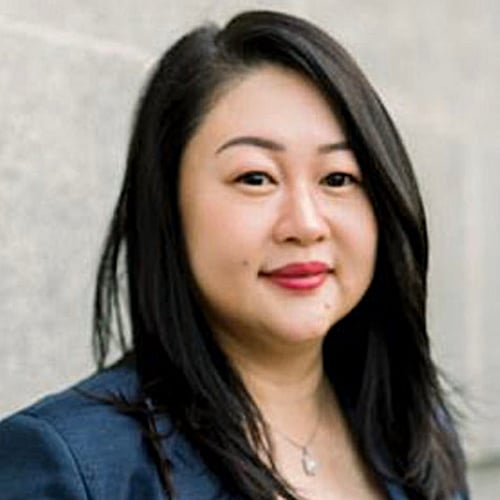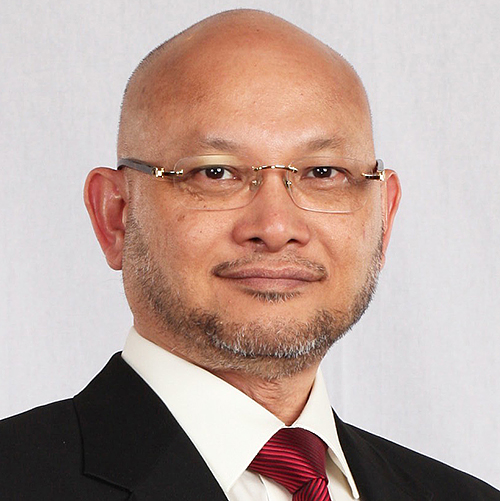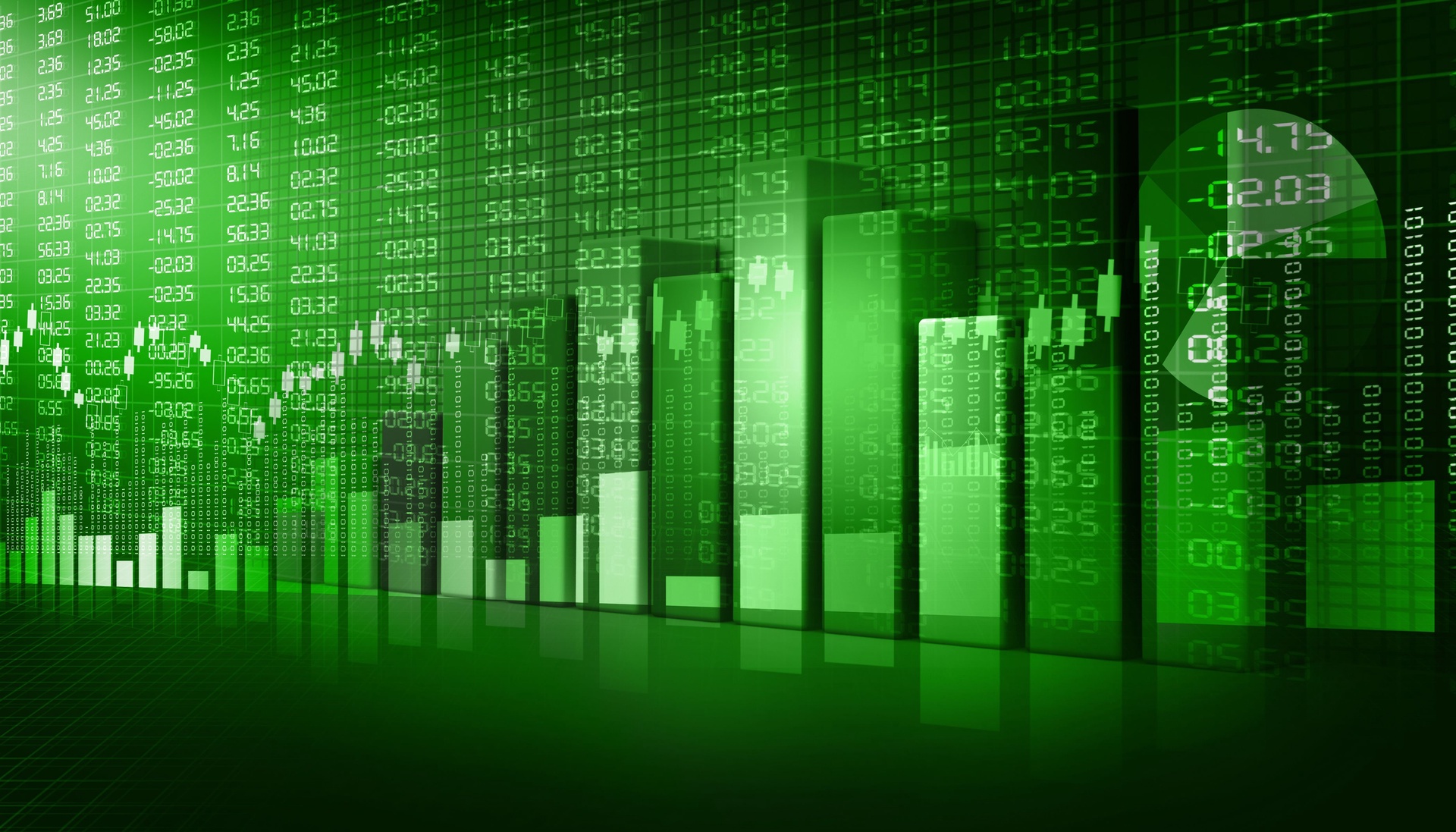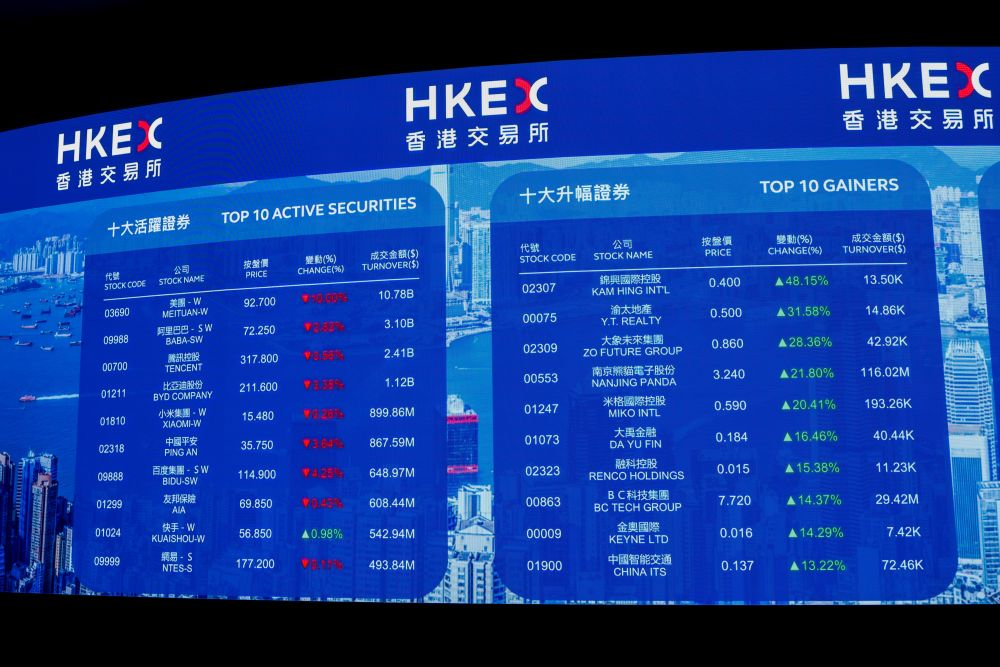The Philippines has called for the least developed countries (LDCs) and small island development states (SIDS) to seize a significant chunk of the “green” funding from the Global Environment Facility (GEF), which is in its eighth round of funding replenishment.
As the Covid-19 pandemic has hit harder on LDCs and SIDs, the Philippine government, represented by the Department of Environment and Natural Resources (DENR) in the GEF talks, has supported the fund’s System for Transparent Allocation of Resources (STAR).
The GEF is a trust fund created 30 years ago to enable developing countries to address priorities such as deforestation, desertification, climate change, biodiversity loss, and ozone depletion.
The funding for green projects is estimated to reach US$6.5 billion for this eighth round of replenishment.
Full flexibility
“[The Philippines recommends] general support for full flexibility, inclusion of the vulnerability index, and increased allocation for vulnerable countries, LDCs and SIDS,” the DENR says.
With the global temperature estimated to be 1.1 degrees Celsius above pre-industrial times, the world is facing greater challenges in coping with impact of climate change. It could cross the 2 degrees Celsius threshold by 2050. GEF supports funding for projects that achieve global goals against global warming.
For this cycle’s second meeting, The Philippines’ DENR Undersecretary Analiza Rebuelta-Teh represented the GEF Asia Region, being the Asia observer for GEF Asia /GEF Operational Focal Point for the Philippines.
The region includes Afghanistan, Bangladesh, Bhutan, Cambodia, Iraq, Jordan, Laos, Lebanon, Sri Lanka, Malaysia, Mongolia, Myanmar, Nepal, Pakistan, the Philippines, Thailand, Vietnam, Indonesia, Syria, and Yemen.
Vulnerability index
The Asian region has supported the vulnerability index as a factor in the prioritization of GEF funding of projects. The index under the STAR system is important in determining the real economic issues of countries on the ground, especially for LDCs and SIDS.
In the case of the Philippines, the country faces significant challenges in financing projects for intensified environment protection against the pandemic and climate-related calamities. “There is a need to mobilize more resources to finance climate action and intensified environmental protection amidst the Covid 19 pandemic,” says DENR Secretary Roy Cimatu. “GEF-8 is an opportunity that the countries should tap for this.”
The GEF-8’s next four-year cycle spans from July 2022 to June 2026. The fund can reach US$6.5 billion given an increase in allocation for non-grant instruments (NGI) and the Small Grants Programme (SGP) to support private sector and civil society participation.
The US$6.5 billion scenario allocates the biggest chunk for biodiversity, 34%, followed by climate change, 15%; chemicals and wastes, 14%; international waters, 12%; and land degradation, 11%. An allocation of US$157 million is being made for NGI and US$256 million for SGP.
Other recommendations
The following are among Asia’s other recommendations for GEF’s eighth round:
- Intensified support for countries in their blue (ocean) and green (forestry) recoveries with the pandemic recovery factored in the GEF strategy
- Inclusion of fragile and conflict afflicted countries in the design and implementation of projects in these countries.
- Mobilization of private sector in the environment goals and the role of NGI and blended finance in this effort
- Inclusion of indicators on co-benefits of climate adaptation, private sector engagement and sustainability
- Criteria setting for participation of all GEF agencies in integrated programmes; concrete measures to reduce transaction costs; provide analysis of GEF agencies' administrative costs; explore and address why multilateral development banks receive less GEF funding.









